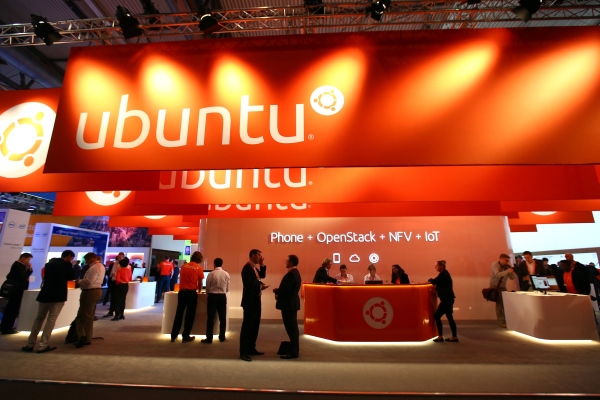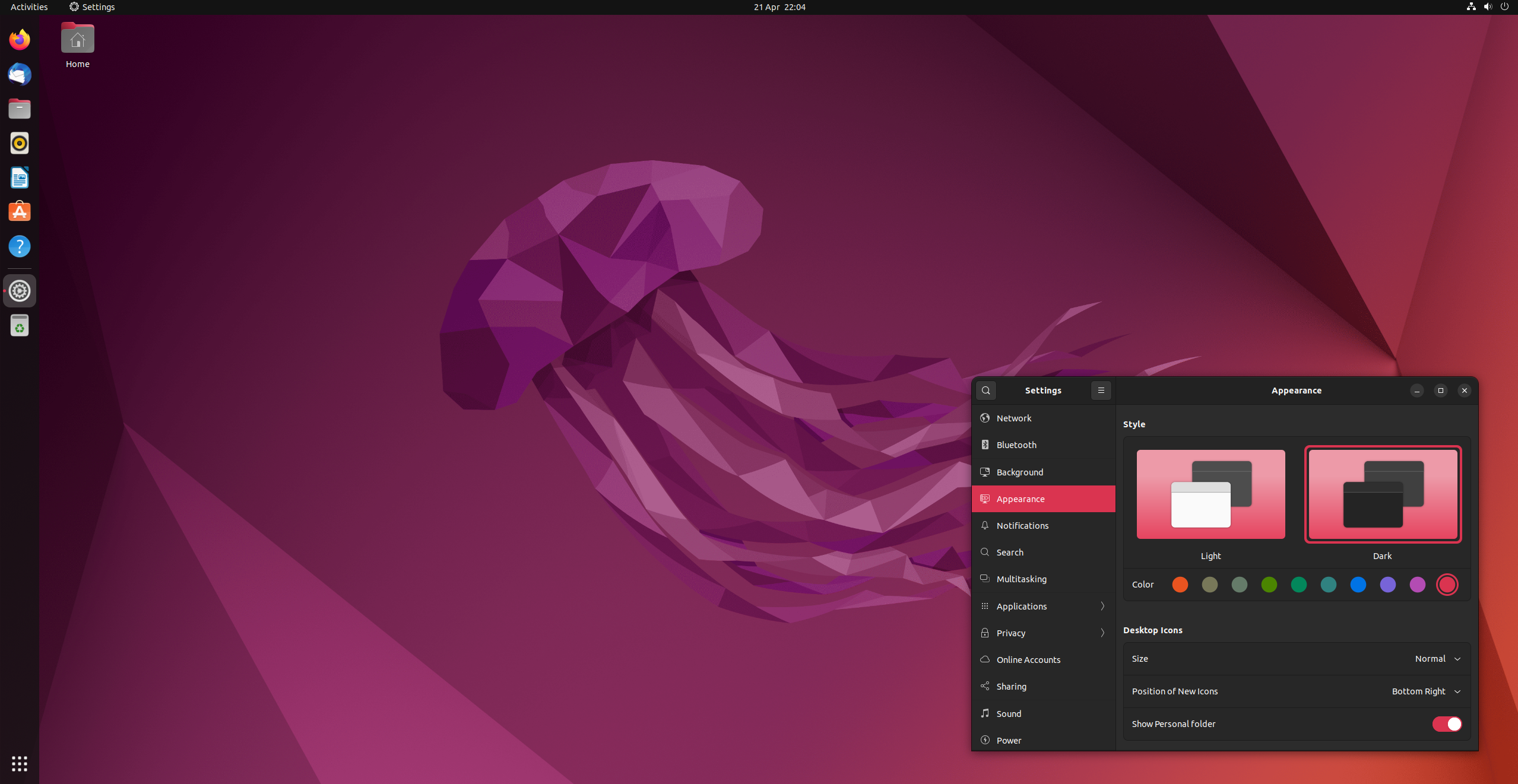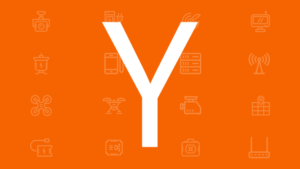The saga of Ubuntu-maker Canonical‘s IPO efforts now stretches back quite a few years. I think the first time I talked to the company’s founder Mark Shuttleworth about going public was in 2018, though there had already been some chatter about it in previous years. But the timing never quite worked out for Canonical. In a press briefing ahead of today’s launch of Ubuntu 22.04 LTS, Shuttleworth noted he now expects it to go public next year.
“We are on track to float the business. And now I’m pretty confident that we will do that in 2023,” said Shuttleworth, who was calling in from an undisclosed island off the coast of West Africa. “And so we’re taking active steps at the board level and in our finance operation — various other parts of the business — to be prepared for that. We’re now effectively on a very clear program to a flotation of the business next year.”
He stressed that Canonical is not in a situation where it has to raise outside money and that going public for him is not about fundraising. He noted that Canonical’s revenue last year was $175 million and that the company’s biggest challenge right now is that demand is bigger that the company’s ability to service it, in large part because there isn’t enough talent on the market for the company to hire.
“My biggest concern as we move through all of that — as we grow both the number of colleagues and shift to being a public company with that sort of accountability — is to find the balance between preserving what I think people really love about Ubuntu and Canonical and also continuing to step up to the responsibilities that I think we now have in the global tech market. […] We’re very committed to the idea that as we grow, we’re not going to do that in a way which is shallow or causes problems for us further down the line — we are quite conservative in how we grow.”
Shuttleworth made these comments during a briefing ahead of the launch of the latest long-term support release of Ubuntu. This new version, 22.04 LTS, includes a number of new features, including support for confidential computing on Microsoft Azure, optimized images for AWS’s Arm-based Graviton machines, desktop support for Raspberry Pi 4 and more.





![Read more about the article [App Fridays] Here are 7 apps to help you keep your mental health in check](https://blog.digitalsevaa.com/wp-content/uploads/2021/04/Take-1602002793875-300x150.png)



